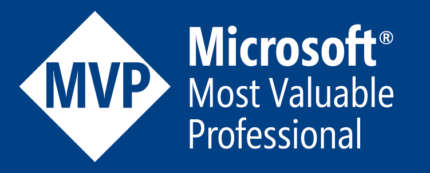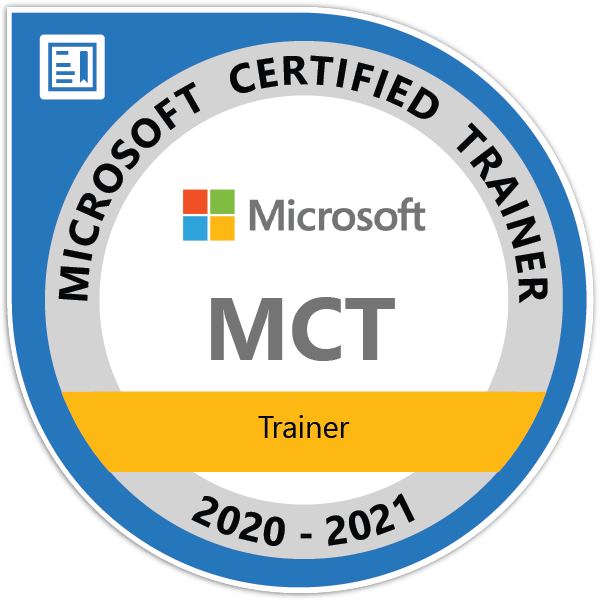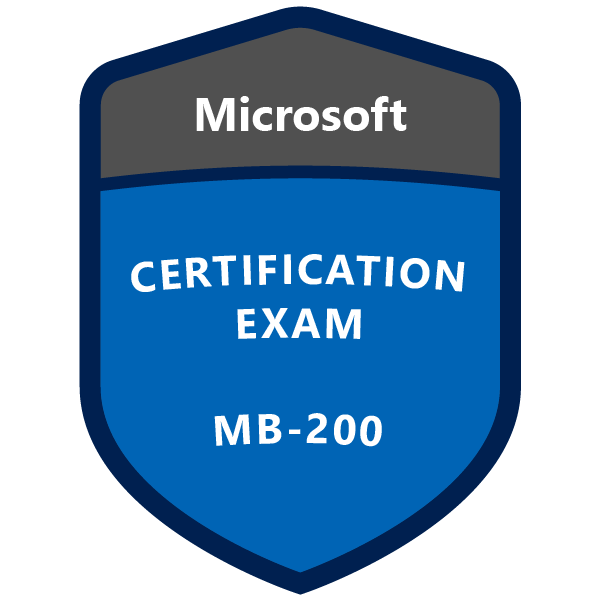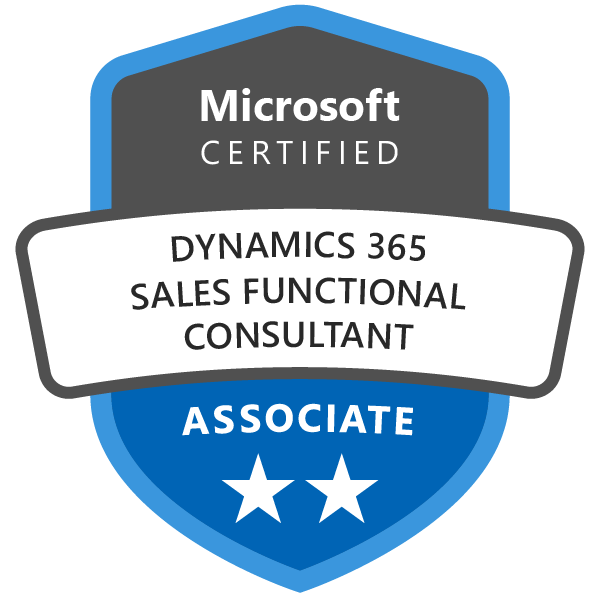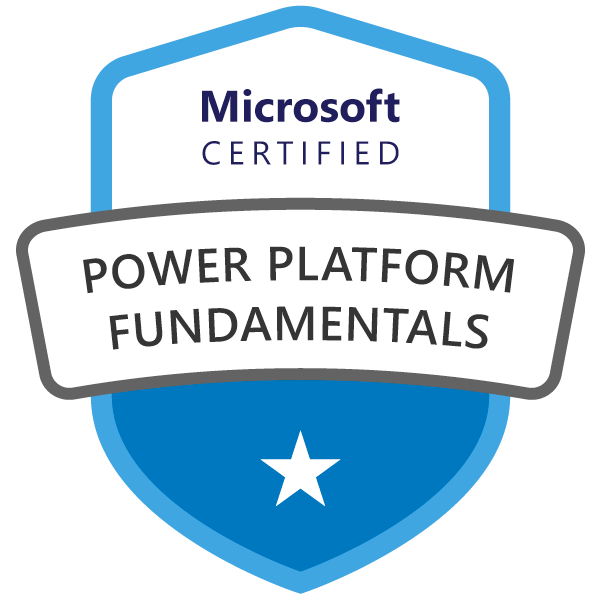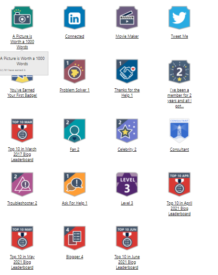Difference between CRM Online & On-Premise
There are some key differences between these two versions.

Here we will discuss which concepts are different in both these online & On-Premise versions.
| Features | Dynamics CRM Online (Cloud) | Dynamics CRM On-Premise |
|---|---|---|
| Direct SQL DD Access | Access to SQL Views | No Direct Access |
| Data Storage | Available Storage | Limited Storage |
| Workflows Count | 200 Custom Workflows & 300 Custom entities | Unlimited |
| Custom Reports | using fetch XML | Both Fetch XML and Direct Server SQL views |
| Implementation | Implement CRM quickly without in house IT resources or incurring hardware expense | Utilise your existing investments in hardware and IT infrastructure |
| Server Overhead | Avoids the overhead of maintaining a dedicated CRM server | Retain complete ownership of data |
| Integration | Works on the Office 365 platform to combine CRM with the benefits of Sharepoint, Skype messaging and hosted Exchange | Protects you from rising data storage costs if your database size exceeds the default 5GB cloud CRM Online account limit |
Some more valuable considerations are as below. Let us analyze few of them. Before we start comparing the benefits, let us be aware of the Microsoft Dynamics CRM deployment choices for CRM available today in the market.
1.On-Premise– This is the traditional way software was implemented in businesses. Licensing is purchased along with any necessary infrastructure. In this model you own the hardware and software and fully control the data. In this choice of deployment, all the technical aspects are the responsibility of the organization including servers, infrastructure, and system design and so on.The On Premise model gives you the most flexibility with things like deeper level reporting/analysis, data integration and customization of the application.
2. Partner Hosted– The second option is hosted deployment. Many companies will host your solution for you on their server facilities. Hosting may be shared (with other organizations) or dedicated (you have the server to yourself). Hosted deployment can be tailored to your unique requirements in ways that are not available with Dynamics CRM Online. Hosting companies can provide dedicated or shared servers, and they allow you to load software for integration and other purposes that is not allowed by CRM Online. Some government agencies require security settings and certifications that are not available for CRM Online but are offered by hosting companies.
3.Online – In this method of deployment, all technical infrastructure, patching, security, redundancy and updates are handled by Microsoft. This model offers very rapid deployment and serves to reduce or eliminate a great deal of deployment stress. This model has low startup costs, no infrastructure costs (servers, SQL etc.) and the ability to scale easily as Microsoft handles the hardware infrastructure and maintenance. The downside is that you do not have unfettered direct access to the SQL database so deeper levels of reporting and customization are more difficult and sometimes not possible.
Although each of these 3 options has its advantages and disadvantages, an online CRM has a number of important benefits compared to an on premise CRM deployment, which are as described below.
Advantages of Microsoft CRM Online vs. On-Premise
1. World Class Information Architecture
Microsoft continues to develop some of the most secure, reliable and redundant storage systems ever assembled with their Azure service offering. Few IT departments and their budgets can match Microsoft in the data centre world in providing highly available and secure information architecture.
2. Deployment Strategy
When implementing a CRM strategy, an organization can take full advantage of all of the deployment choices offered by Microsoft. For example, Microsoft can host the POC and the DEV environment online, and licenses can be kept to a minimum and purchased as required. UAT and Production can reside online, on-prem or hosted. Any design elements established in the POC that are keepers, can easily be transported to the DEV environment for further design/build activities and when ready, easily transported to UAT and Production environments regardless if they reside online, hosted or on-prem.
In addition, CRM online significantly reduces technical complexity (stress) and provides a perfect scenario for Rapid/Agile implementation. It also provides an opportunity for organizations to ease into the CRM technical architecture and make operational adjustments over a longer time frame.
3. Automatically Deployed Patches and Updates
The testing, application and management of patches and CRM Update Rollups should not be underestimated. Microsoft generally releases CRM updates 4 times per year, and in some cases coordinating both the technical and operational testing may be an overwhelming task. Online CRM can eliminate this burden by placing the ownership and responsibility of validating and approving updates in the hands of operations with little or no involvement from IT.
In a mixed deployment model, the organization has an opportunity to gauge the impact any updates will have on their CRM operations prior to applying the update to the Production environment.
4. Ease of Access
Ease of access to CRM online can provide significant benefits quickly to end-users early in the deployment cycles of a CRM project and drive a rapid time to value. Availability is 24×7 from any internet access point with cross-browser support for Chrome, Firefox, Safari and IE. The complexity of providing and supporting an internet-facing deployment internally is often underestimated and CRM online eliminates this complexity.
5. Customization Controls
The Administrator Tool Kit in Microsoft CRM is a vast tool that provides control and customization of the various modules in CRM, and does a fantastic job of abstracting out all of the technical activities required to model business logic and requirements into Microsoft CRM such as creating new tables, fields, forms, table joins, security roles and so on.
CRM online does not provide direct SQL table access; all customization is completed using the built in tools, the SDK or standardized custom and third party plug-ins. With this setup, the ability to upgrade without the fear of breaking custom code and fully supported customization methodologies are ensured.
The really amazing thing about Microsoft CRM online is its ability to provide choice and agility yet ensure security, availability, and standardization to protect your CRM investment. CRM online is not suitable for all scenarios and situations all of the time. However, it does provide choice, flexibility and most importantly, a rapid time to value. The mix deployment model can provide significant enhancements and flexibility to a CRM deployment strategy and to on-going CRM operational management.


